- February 10, 2026
-
-
Loading

Loading
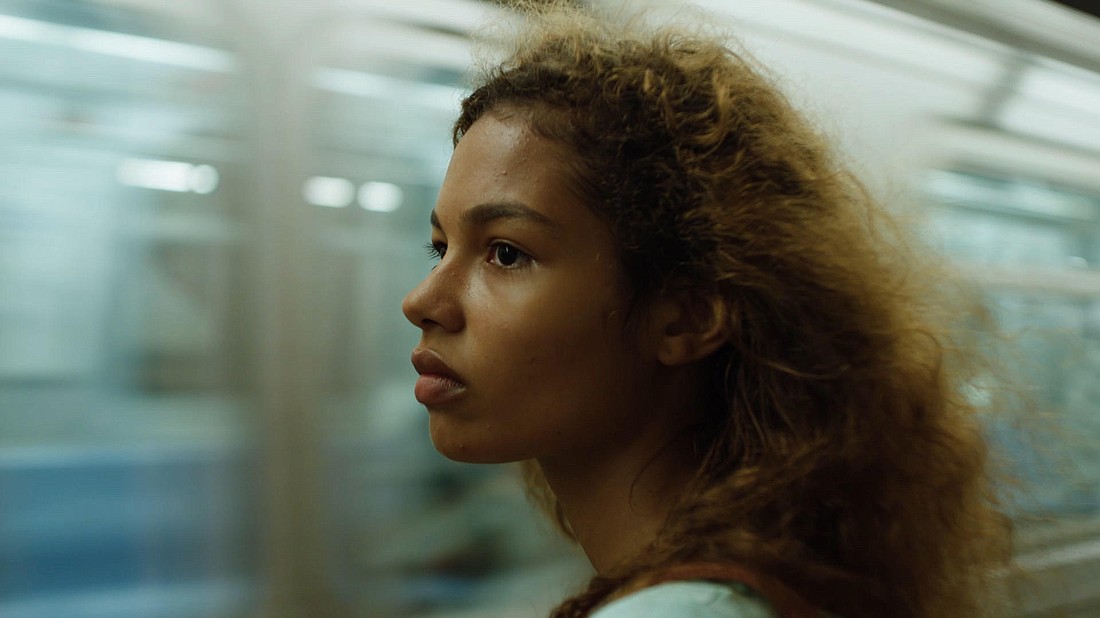
So, the Oscars happened, huh?
... Anyway.
Amazon Prime Video, R, 94 minutes
Since Helena Howard was just robbed of an Independent Spirit Award for her performance in this film (Nothing personal, Glenn Close), I’m reposting my review of it from the Sarasota Film Festival in full. I may not be quite as high on the film overall as I was then, but most of it holds up, and Howard’s performance is simply must-see. Enjoy:
“If you could have seen this review being written, you’d have seen lots of deletion, then re-typing, then a pause for pondering, then more deletion.
That’s because “Madeline’s Madeline,” co-written and directed by Josephine Decker, is a movie unlike any you’ve probably seen. Using words to describe this film, which emits its messages less though dialogue and more through camera focus, sound and force of will, feels like using cave paintings to describe "The Sound and the Fury."
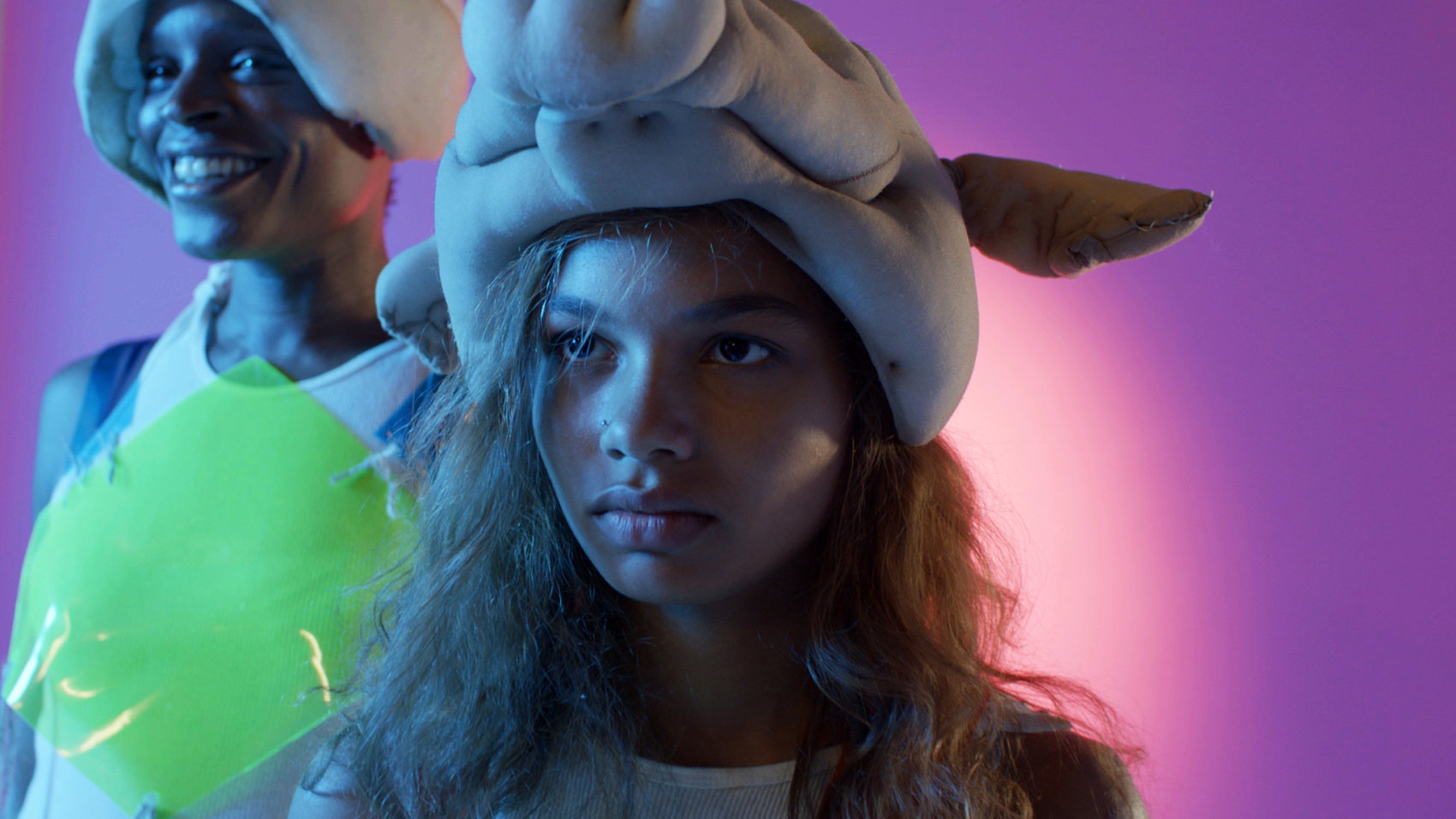
Here’s what I can say about the film’s plot: It follows Madeline (Helena Howard), a teenage girl who lives with an unnamed mental illness in an unnamed suburban town with her mother, Regina (Miranda July), and brother, Damon (Jaron Elijah Hopkins). Her relationship with her mother is strained, because even though Regina tries to understand her daughter, she can’t. There’s no way for Madeline to express what’s in her head, and there’s no way for Regina to get her daughter to help herself. As a result, their home life is tumultuous, with both parties turning abusive at times. Madeline feels most at home when she’s at an adult drama class taught by Evangeline (Molly Parker). There, Madeline is allowed to play a cat, a turtle, even a character named Zia that she and Evangeline cooked up together. But even the class becomes less of escape for Madeline as Evangeline learns more of her personal story.
That’s all I’m comfortable saying, because not only is the narrative splintered, it’s not the point. This is a film about a lot of things, and the last third of the movie, when more than a few hints of meta commentary seep in, gives you the feeling that all of them are personal for Decker. She and co-writer Donna Di Novelli concocted the final script while improvising with the cast over an eight-month period.
Almost none of the film’s points are conveyed directly. Instead, Decker works magic behind the camera. The majority of the film, starting with the first scene, is shot through haze. The screen is often awash in shades of red and orange. Conversations happen over each other, fade out before they finish or are generally distorted. Visual themes, like the scrubbing of hands, dominate the storytelling.
All of this is meant to give the audience not just an understanding of Madeline, but a feeling. Throughout the film, Evangeline works with her class on an “immersive theater” project, and the audience does, too. When Madeline feels trapped in her mind, so do you. When she feels free, the camera gains clarity, if only for a moment. During the film’s introduction at the Sarasota Film Festival on April 21, Decker didn’t call her actors a cast, she called them her collaborators — and she included the audience in that group.
“The film is a poem, in a way,” Decker said during the film’s introduction. “I think, as you would approach a poem and the fluidity of it, I hope you bring that patience and openness to this film.”
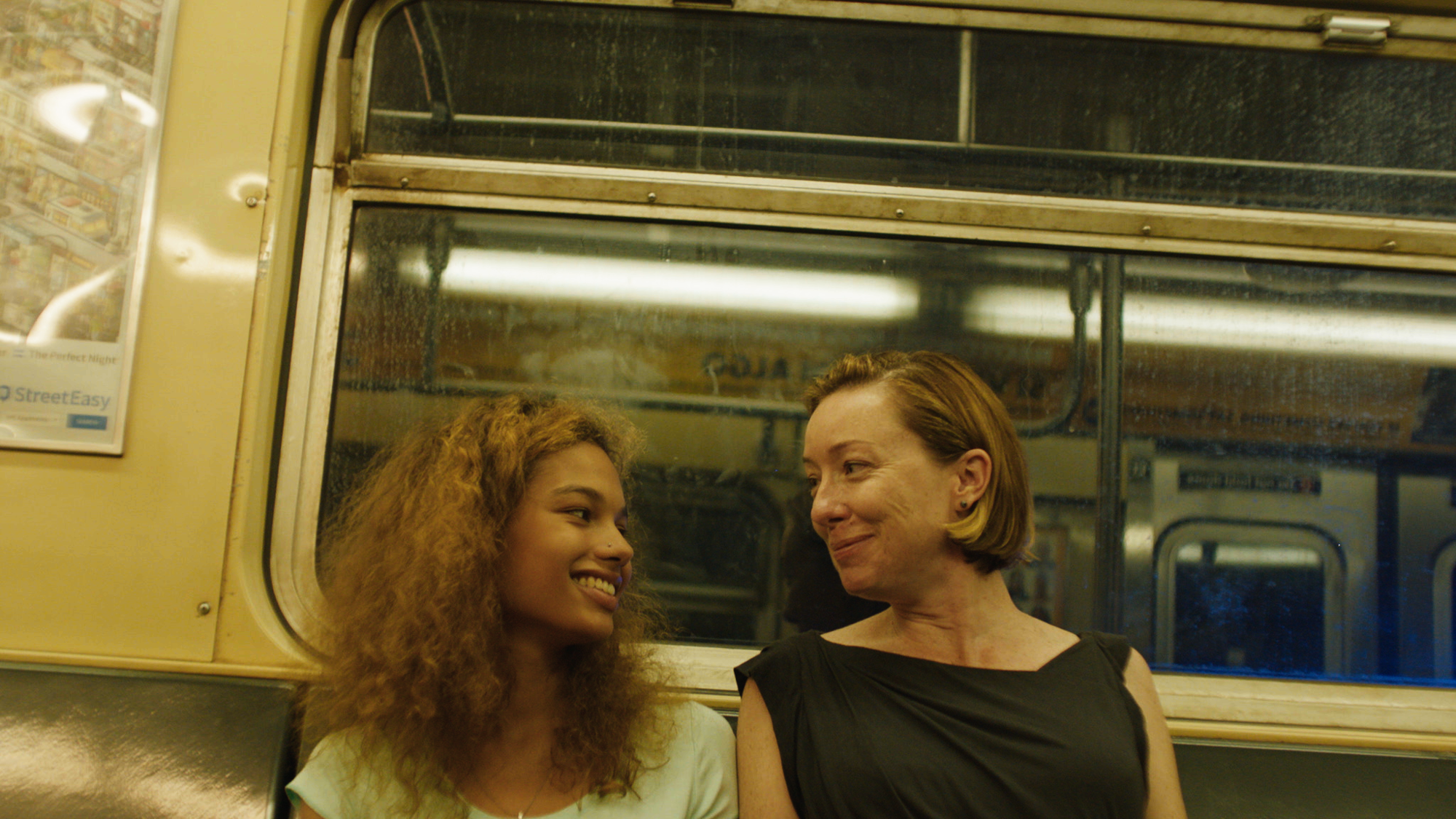
You’ve never heard of Helena Howard before, as “Madeline’s Madeline” is her screen debut, but you’ll soon see her everywhere. Her performance as Madeline is unforgettable, equal parts frenetic and tender as Madeline falls in and out of lucidity and absorbs everything that people say to and about her. I don’t know if I’ve ever described a non-action movie role as “physical” before, but Howard’s is a physical performance, in that no movement, no silent scream or lick of her “cat paws” or pounding of her fist, is wasted. She won the festival's Breakthrough Performance award for her efforts. July and Parker are also terrific in difficult roles (as if there’s an easy role in this movie), letting Howard steal the show while, Parker especially, injecting some dark humor to keep things from getting pitch black.
I’d be remiss to not mention Caroline Shaw, the 2013 Pulitzer Prize for Music winner ("Partita for 8 Voices") and Kanye West collaborator who created the film’s score. Shaw’s mix of haunting, yelping vocals, Southern-Gothic rhythms and sounds from the real world add significantly to the film’s fever dream.
At 93 minutes, the film raises more questions than it answers, but half the fun is thinking afterwards about what it all means, not just in the sense of “What story did I just watch?” but the sense of “Whose story did I just watch, and who told it?” The film’s final act, starting with the rawest of monologues and ending with a dance through the town’s streets, sees the character of Madeline finally take control of her own narrative, though where that narrative goes after the credits roll is anyone’s guess.
There’s a dilemma journalists run into often, and it’s whether or not we’re the people best equipped to tell the stories of the disenfranchised. Many of the people we interview live vastly different lives than we do. No matter how many fact checks we do, no matter how many sources we use, there are certain things people in our position — of fortune, of higher education, of privilege — can never understand about lives not given the chance at those things. Recently, filmmaker Wes Anderson received criticism over choices made in his newest effort, "Isle of Dogs," which is set in Japan. Anderson worked on the film with Japanese writer and actor Kunichi Nomura and set the film in Japan as homage to legendary filmmaker Akira Kurosawa, yet decisions like not including subtitles for the film’s Japanese dialogue angered many fans, who accused Anderson of “other-ing” the Japanese characters in their own country. The controversy brought to light a discussion similar to the dilemma journalists face: Can filmmakers tell stories of people different than them?
“Madeline’s Madeline” is smart enough to know there’s no clear answer. It would rather make its audiences think while Decker (and, by proxy, Madeline) gets a chance to tell you hers.”
HBOGo/DIRECTV, R, 100 minutes
Do you see that?
That is Rachel McAdams singing Third Eye Blind’s seminal ’00s hit “Semi-Charmed Life” into a gun, while holding gang members hostage in a dive bar. She doesn’t know they’re real gang members, or that it’s a real gun, but they are and it is, and McAdams is just absolutely having the time of her life with it all.
If you don’t find this the most charming thing in existence, we can’t be friends. Sorry.
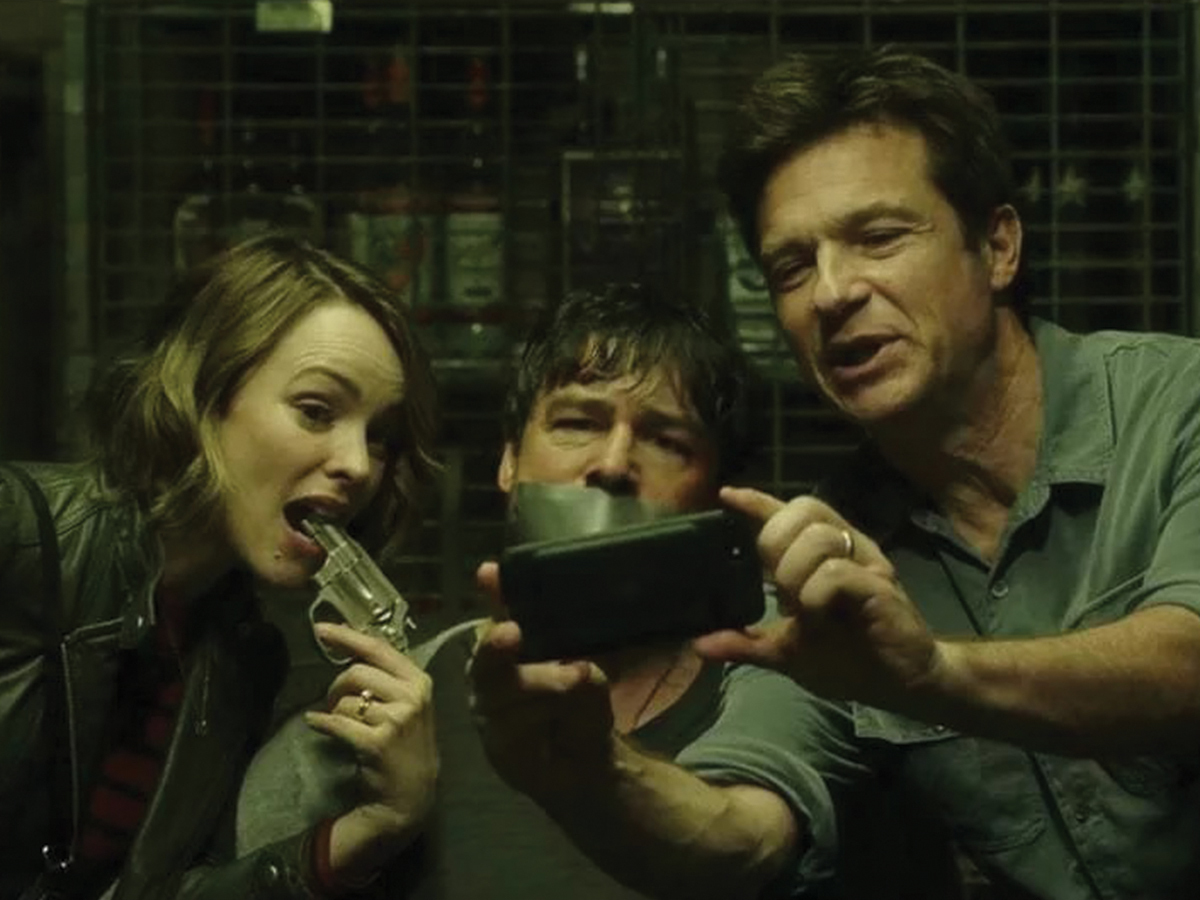
McAdams is so good and so effortlessly funny in “Game Night,” the best big studio comedy in years, that the AV Club’s Mike D’Angelo argued she should have received an Oscars nomination for the performance, and you know what? I agree. She’s perfect as someone who takes game nights far too seriously — but, the likable version of that. Jason Bateman is also good as McAdams’ husband in his typical “straight man” role.
You know who else is great in “Game Night”? Jesse Plemons. The dude plays perhaps the most socially awkward person I have ever seen on screen, and sells the shit out of it. I don’t know if it was written or improvised, but he has a line about tortilla chip sales in here that should win a Pulitzer.
Also in the movie is an adorable snowball of a dog, named Olivia in real life, who also starred in “Widows” and “Insatiable” last year. Bateman and Olivia have a scene together that had me cry-laughing both times I watched the film.
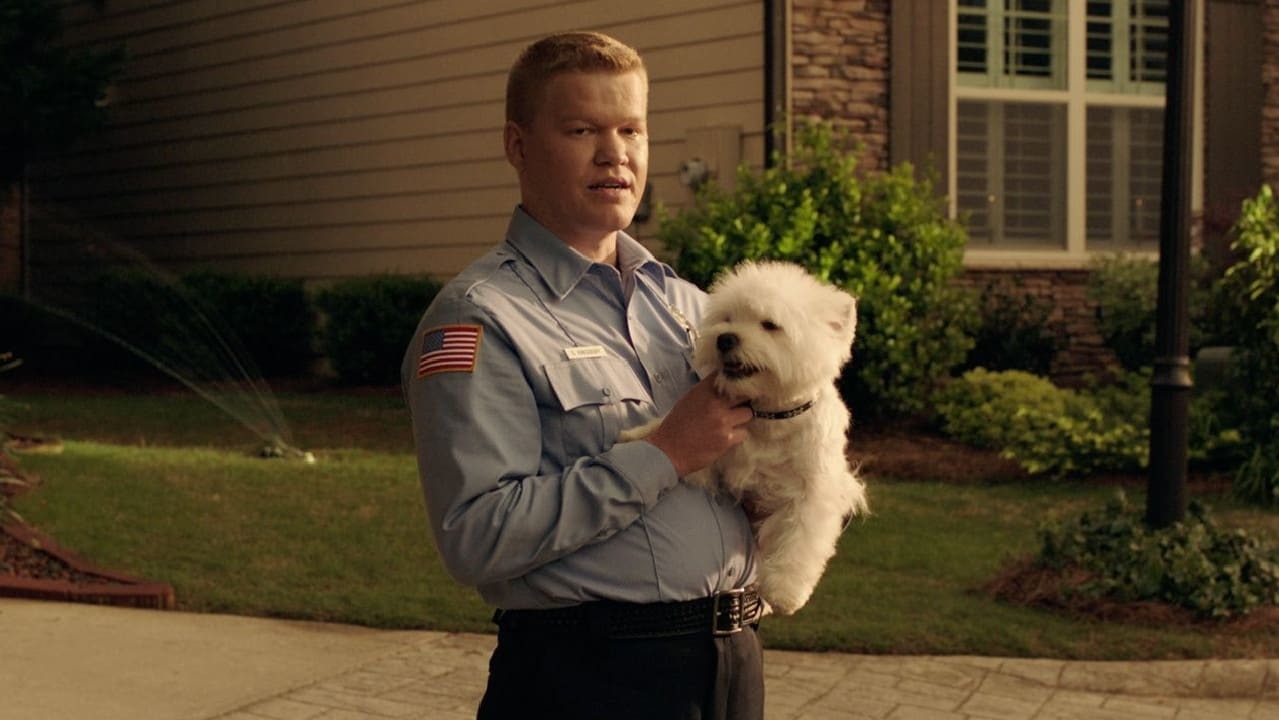
I guess maybe I should explain the premise, at this point? So Bateman and McAdams are married and LOVE games. That is how they met, even, at a trivia night at the local bar. They host game nights with their group of friends (Billy Magnusson, Lamorne Morris, Kylie Bunbury, Sharon Horgan) every week. One day, Bateman’s brother, portrayed by Kyle Chandler, comes to down and ups the stakes by hiring one of those “solve the kidnapping” party packages for the group. Except someone knocks out the “kidnapper” and actually kidnaps Chandler, so when the group jumps into action, they have no idea what is really in store. It is a genius premise.
I also feel compelled to mention that the writer of this movie, Mark Perez, had not written a major motion picture since 2006 before this one. That movie? “Accepted,” starring Justin Long and Jonah Hill. Before that, his claim to fame was a story credit on 2005’s “Herbie: Fully Loaded,” the Lindsay Lohan vehicle. Talk about a glow up!
Good for Mark Perez. Good for directors John Francis Daley and Jonathan M. Goldstein. Good for everyone involved in this stupidly brilliant and brilliantly stupid movie.